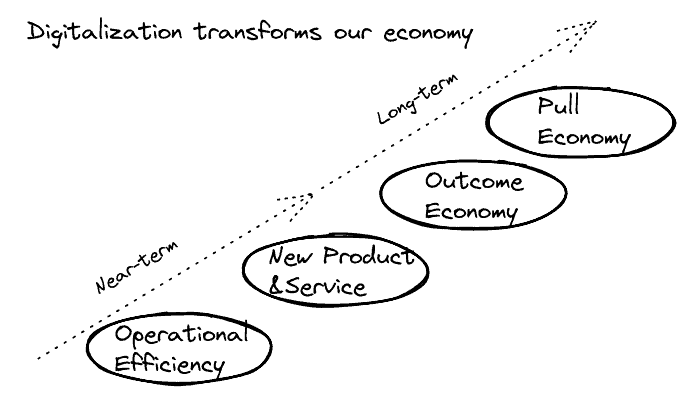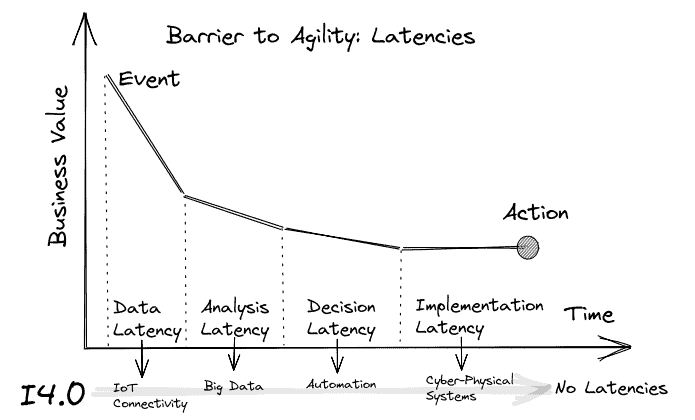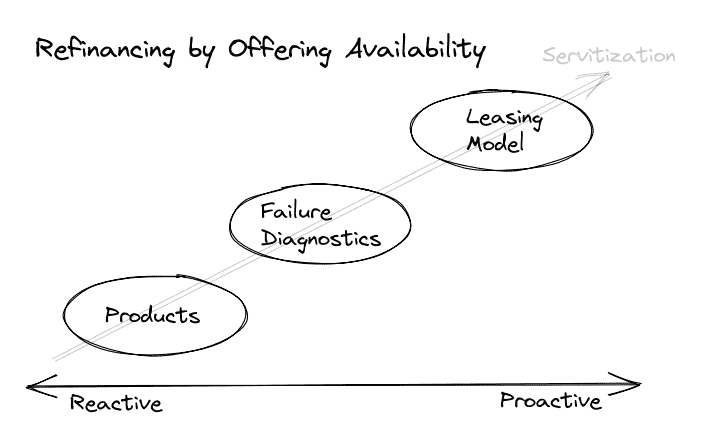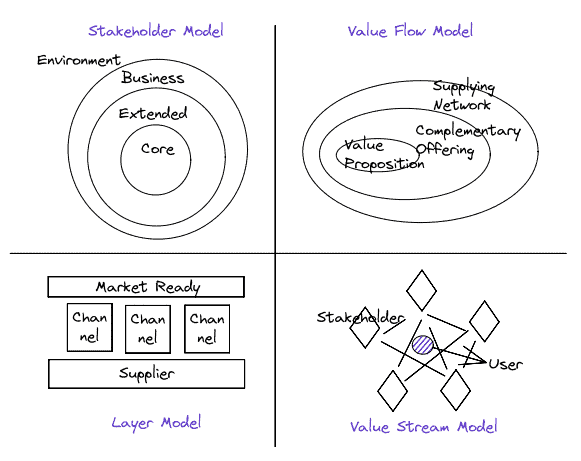The digital transformation of healthcare is no longer a distant goal; it’s an immediate necessity for staying competitive. For healthcare organizations to truly thrive, they must reimagine their operations and services with digital technologies at the forefront. By embracing this shift, healthcare can evolve into a more efficient, patient-centered ecosystem, ultimately improving outcomes and delivering value.
The key question is, “How can we transition from a traditional healthcare system to a digital ecosystem, while maintaining quality care?”
Let’s break down how digital strategies can generate value, build a seamless ecosystem, and outline the role of Digital Business Consultants in making this a reality.
Table of Contents
Economy Transformation in Healthcare
Healthcare organizations must shift their focus from short-term operational goals to long-term value creation. The transformation involves more than just integrating technology; it requires a full-scale rethinking of how healthcare services are delivered.
Near-term to Long-term Transformation:
- Enhancing Operational Efficiency: Maximizing asset utilization.
- Innovating New Products & Services: Monetizing data.
- Embracing the Outcome Economy: Creating a platform marketplace.
- Enabling Autonomous, Demand-driven Economy: Implementing end-to-end automation.

In this shift, Industry 4.0 technologies—like IoT, AI, and advanced data analytics—play a vital role. By minimizing latencies and enhancing decision-making, these technologies can foster better collaboration between digital and physical healthcare systems.

There is one more thing I would like to mention regarding the implementation of automation. Over the past few decades, our economy has come to value automation less and less, even though it has become a norm. Although we still have a long way to go, we should not forget the main objective of automation, which is to free us from routine work so that we can focus on creative work.
In today’s world, it’s vital to set goals that align with the shift to smart services. For businesses to stay competitive, employee development is essential to succeed in this transition. Buschmeyer’s (2016) research on German manufacturing reveals that goal setting and personnel development have a more significant impact on transformation success than communication. Therefore, it’s crucial for companies to prioritize goal setting and personal development to achieve their desired outcomes.
Create Healthcare Value with Smart Services
To create sustainable value in healthcare, we need to explore smart services—a combination of digital and physical services that operate on scalable platforms. This goes beyond traditional healthcare delivery by implementing business models such as pay-per-use, which benefit both providers and patients.

Digital Business Consulting
Digital Business Consulting plays a crucial role in transforming healthcare. It involves coordinating autonomous actors to co-create value streams, supply chains, and ecosystems in healthcare. Designing a digital platform business requires customer focus, adaptability within the platform, knowledge forecasting, data aggregation, leveraging network effects, and scaling with zero-cost. Leveraging IoT-specific data can help us find free data for healthcare and translate it into value.
Analyzing the healthcare ecosystem requires stakeholder models, value flow models, layer models, and value stream models. These models help us understand the intricacies of healthcare platform strategies and make informed decisions.

Chief Digital Officers (CDOs) face ongoing resistance to digital strategies, often from business leaders focused on short-term results. Achieving ambidexterity—balancing innovation with operational efficiency—is crucial for success. Overcoming barriers such as transformation resistance and future-proofing the organization requires structured approaches, including establishing digital innovation hubs and platform-based business models.
In conclusion
Healthcare is being transformed into a digitalized ecosystem and it requires careful consideration and planning. However, the benefits are well worth the effort. In this journey, we have learned how to create digital values, understand the background of economic transformation, and recognize that Industry 4.0 is already happening. We’ve explored how creating digital value, embracing economic transformation, and utilizing Industry 4.0 technologies can revolutionize healthcare delivery. By shifting from product-centric to service-centric models, healthcare can better respond to the evolving needs of both patients and providers.
In a world where personalization and predictive care are becoming the norm, it’s time to embrace digitalization fully. Healthcare providers that adapt today will be the ones setting new standards for quality care tomorrow.
Reading materials
Bouarar, A. C., Mouloudj, K., & Martínez Asanza, D. (2023). Integrating Digital Health Strategies for Effective Administration. In Https://services.igi-global.com/resolvedoi/resolve.aspx?doi=10.4018/978-1-6684-8337-4. IGI Global. https://www.igi-global.com/gateway/book/313178
Buschmeyer, A., Schuh, G., & Wentzel, D. (2016). Organizational Transformation Towards Product-service Systems – Empirical Evidence in Managing the Behavioral Transformation Process. Procedia CIRP, 47, 264–269. https://doi.org/10.1016/J.PROCIR.2016.03.224

